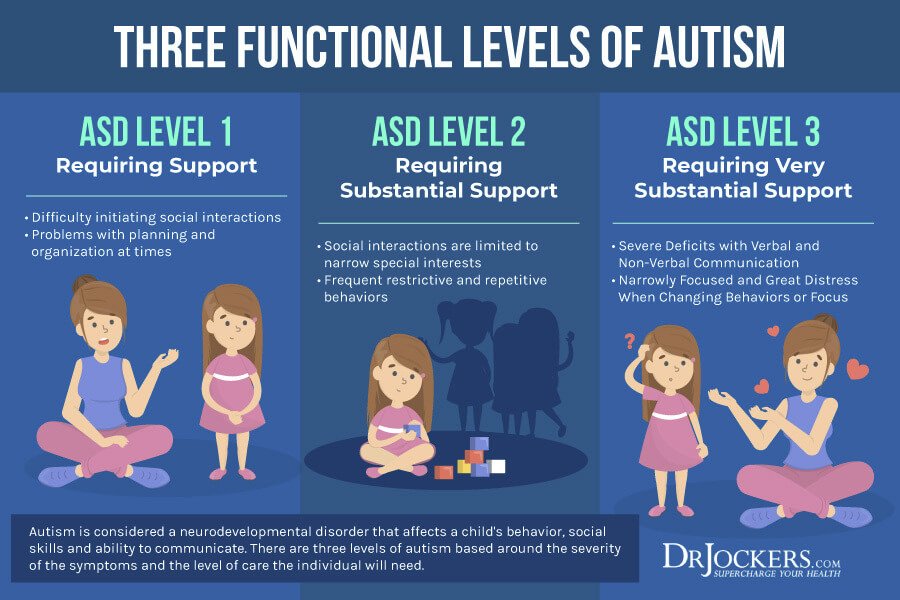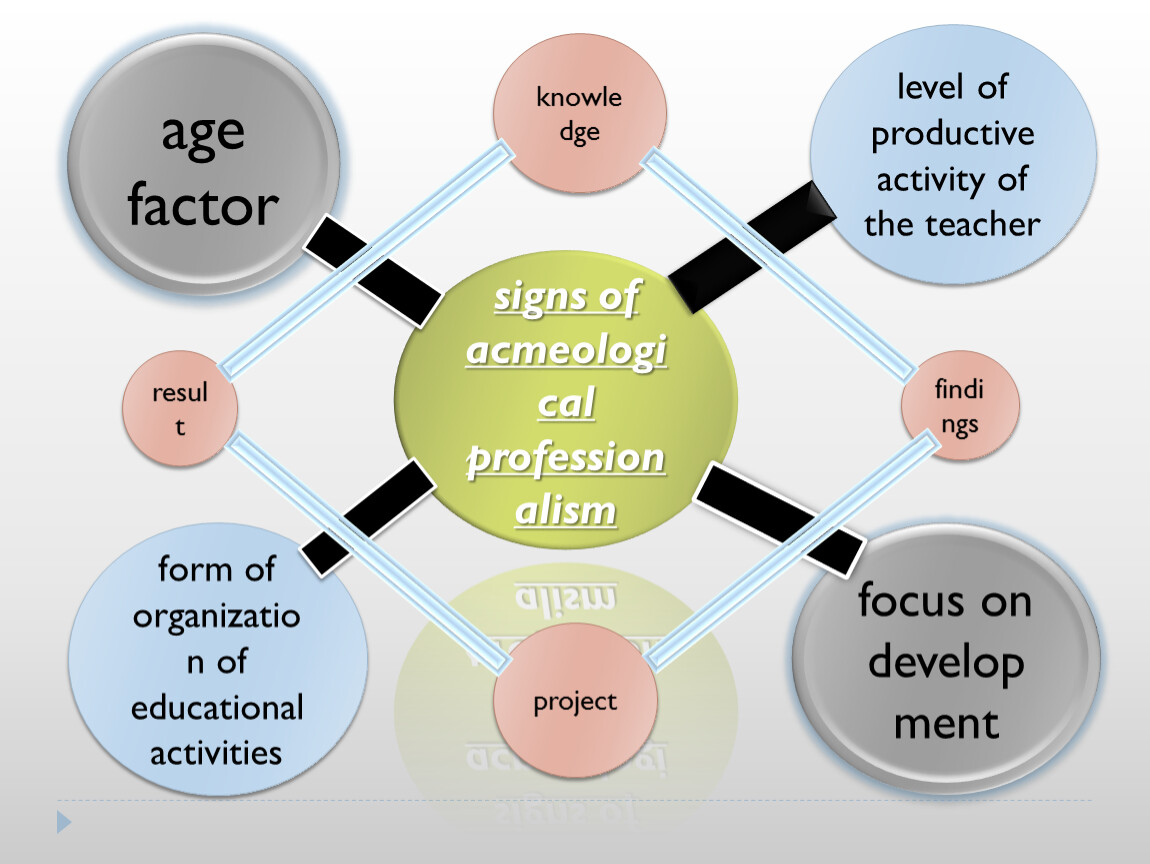 Understand the unique needs of children with autism
Understand the unique needs of children with autism
Children with autism have unique needs that require understanding and specialized care. Autism Spectrum Disorder (ASD) is a developmental disorder that affects social interaction, communication, and behavior. It is crucial for parents to educate themselves about their child’s condition and learn how to effectively support and nurture their development. Here are three tips that parents of children with autism will find useful in navigating their parenting journey.
Firstly, it is essential to establish a structured and predictable routine for your child. Children with autism thrive on consistency, as it provides them with a sense of security and stability. Designing a daily routine with fixed schedules and clear expectations can help your child feel more comfortable and reduce anxiety. Create visual schedules or use timers to help your child understand the sequence of activities throughout the day. By incorporating predictable routines, you will be promoting a nurturing environment that fosters your child’s sense of control and minimizes potential meltdowns or behavioral challenges.
Secondly, effective communication is crucial when raising a child with autism. Many children with autism struggle with language and social interaction, making it challenging for them to express their needs and emotions. Parents can use alternative forms of communication, such as visual aids, sign language, or assistive technology, to support their child’s communication skills. Visual supports, such as picture cards or communication boards, can help children with autism understand and express their desires, leading to reduced frustration and enhanced communication. Additionally, using clear and concise language, visual cues, and gestures can aid in conveying messages effectively.
Lastly, it is essential to create a supportive network of professionals, therapists, and other parents of children with autism. Raising a child with autism can be an overwhelming journey, both emotionally and practically. Seeking guidance and support from experts and other parents who have experienced similar challenges can provide valuable insights, strategies, and encouragement. Joining support groups, attending workshops, or participating in online forums can help parents connect with others who understand their unique experiences. These connections can serve as a source of emotional support, as well as a platform to share knowledge and resources.
In conclusion, raising a child with autism requires understanding and specialized care. By understanding the unique needs of children with autism, establishing a structured routine, fostering effective communication, and building a supportive network, parents can provide their child with the best possible environment for growth and development. It is important to remember that every child with autism is unique, and what works for one may not work for another. With patience, love, and ongoing education, parents can navigate the challenges and celebrate the achievements of their child with autism.
Raising a child with autism can be a challenging journey for parents. From navigating through therapy sessions to managing daily routines, it is crucial to create a supportive and structured environment for your child. By providing consistency and understanding, you can help your child thrive and reach their full potential. In this article, we will explore three tips that parents will find useful in raising a child with autism.
Firstly, establishing a supportive environment is essential for a child with autism. This begins with understanding their unique needs and creating a space that caters to those needs. For instance, sensory-friendly spaces can be beneficial for children with autism who may be sensitive to bright lights, loud noises, or certain textures. Creating a calm and quiet area in your home where your child can retreat to when overwhelmed can help them regulate their sensory input. Additionally, it is crucial to establish clear communication and expectations within the family. By using visual schedules, social stories, and other visual aids, you can help your child better understand routines and daily activities.
Secondly, structure plays a vital role in supporting a child with autism. Children on the autism spectrum often thrive when they have a predictable routine. Establishing a consistent daily schedule can help reduce anxiety and provide a sense of security for your child. This can include specific times for meals, therapy sessions, playtime, and bedtime. It is important to maintain this structure even during weekends or holidays to ensure stability. Providing advanced notice for any changes in the routine can also help your child prepare and adjust accordingly. Consistency and predictability are key for creating a structured environment that fosters your child’s development.
Lastly, finding and utilizing appropriate support services is crucial for parents raising a child with autism. Seeking professional help such as therapists, psychologists, and behavioral specialists can provide valuable guidance and support. These experts can assist in developing individualized strategies and interventions tailored to your child’s specific needs. Additionally, connecting with support groups and other parents who are going through similar experiences can be immensely beneficial. Sharing experiences, advice, and resources can help parents navigate the challenges of raising a child with autism and provide a sense of community.
In conclusion, raising a child with autism requires creating a supportive and structured environment. By understanding their unique needs, establishing a consistent routine, and seeking appropriate support, parents can help their child flourish. Remember, every child with autism is different, so it is crucial to adapt and tailor these tips to meet your child’s individual requirements. With love, patience, and a supportive environment, you can empower your child with autism to reach their full potential and lead a fulfilling life.
Raising a child with autism can be a challenging and rewarding journey for parents. With the right support and strategies in place, parents can help their child thrive and navigate the complexities of the world. In this article, we will explore three tips that parents will find useful when it comes to raising a child with autism.
One of the most crucial aspects of raising a child with autism is implementing effective communication strategies. Communication is often a significant challenge for children on the autism spectrum, as they may struggle with verbal and non-verbal communication skills. However, there are various strategies that parents can use to foster effective communication with their child.
Firstly, visual aids can be incredibly helpful in promoting understanding and communication. Visual schedules, for example, can provide a visual representation of the child’s daily routine, helping them anticipate and prepare for upcoming activities. Visual aids such as picture cards or social stories can also be used to teach social skills and help the child understand different situations. By incorporating visual supports into their daily routine, parents can enhance their child’s comprehension and communication abilities.
Secondly, using clear and concise language is vital when communicating with a child on the autism spectrum. It is essential for parents to be mindful of their speech patterns, avoiding the use of ambiguous language or complex sentences. Instead, using simple and direct language can help the child better understand and process information. Additionally, providing visual cues or gestures alongside verbal communication can further enhance comprehension and facilitate effective communication.
Lastly, establishing a consistent and structured environment can greatly benefit a child with autism. Predictability and routine are essential for individuals on the spectrum, as it helps reduce anxiety and provides a sense of security. Parents can create a structured environment by establishing predictable daily routines, setting clear expectations, and using visual supports to reinforce consistency. This structured environment can aid in communication by providing a stable foundation for the child to rely on and navigate their daily interactions.
In conclusion, raising a child with autism requires patience, understanding, and effective strategies. By implementing communication strategies such as visual aids, clear language, and a structured environment, parents can support their child’s development and enhance their communication skills. It is important for parents to remember that every child is unique, and what works for one may not work for another. Therefore, it is crucial to adapt these strategies to meet the individual needs and preferences of the child. With the right support and guidance, parents can create a nurturing and inclusive environment for their child with autism to thrive and reach their full potential.
Raising a child with autism can be both challenging and rewarding for parents. As they navigate through the complexities of this developmental disorder, it is essential for parents to seek professional support and therapies. With the right guidance and interventions, they can provide their child with the necessary tools to thrive and reach their full potential. In this article, we will explore three tips that parents of children with autism will find useful in their parenting journey.
The first tip is to seek professional support and therapies. Autism is a complex condition that requires a multidisciplinary approach. By consulting with professionals such as psychologists, speech therapists, and occupational therapists, parents can gain valuable insights into their child’s unique needs and develop an individualized treatment plan. These experts can provide guidance on various therapies, such as Applied Behavior Analysis (ABA), which focuses on teaching new skills and reducing problem behaviors. Early intervention is crucial, as it can significantly improve outcomes and set the foundation for future growth.
Another tip is to create a structured and predictable environment for the child. Children with autism often thrive on routine and predictability. Establishing a daily schedule and sticking to it can help reduce anxiety and provide a sense of security for the child. Visual aids, such as visual schedules or social stories, can also be beneficial in helping them understand and follow routines. It is essential to create a calm and organized home environment, with designated spaces for activities and clear rules and expectations. Consistency is key, as it helps build confidence and fosters a sense of order and stability.
Additionally, fostering open communication and social skills development is crucial. Many children with autism face challenges in social interactions and communication. Parents can support their child’s social development by creating opportunities for social engagement, such as playdates with peers or involvement in community activities. Encouraging the use of visual supports, such as picture cards or communication apps, can aid in communication and help bridge any gaps. It is vital for parents to be patient and understanding, providing their child with a safe space to express themselves and offering support when needed.
In conclusion, raising a child with autism requires a proactive and holistic approach. Seeking professional support and therapies, creating a structured environment, and fostering communication and social skills development are three essential tips for parents. Each child with autism is unique, and it is crucial for parents to tailor their approach to their child’s specific needs. With patience, love, and the right support system, parents can make a significant difference in their child’s life and help them thrive in all areas of development.
Raising a child with autism can present unique challenges for parents and caregivers. It requires not only patience and understanding, but also a commitment to prioritize self-care. Taking care of oneself is often overlooked in the chaos of caring for a child with special needs, but it is essential for maintaining physical and mental well-being. Here are three tips that parents will find useful when it comes to prioritizing self-care while raising a child with autism.
First and foremost, it is crucial for parents and caregivers to remember that they cannot pour from an empty cup. In order to be the best advocate and support system for their child, they must take care of themselves. This means setting aside time each day to engage in activities that bring joy and relaxation. It could be something as simple as reading a book, going for a walk, or practicing mindfulness and meditation. By making self-care a non-negotiable part of their routine, parents can recharge and better handle the challenges that come their way.
Secondly, seeking out support from others who understand the unique journey of raising a child with autism can be immensely helpful. Connecting with other parents of children with autism through support groups, online forums, or local organizations can provide a sense of community and understanding. These connections can offer a safe space to share experiences, exchange advice, and offer mutual support. Knowing that they are not alone in their struggles can alleviate feelings of isolation and provide valuable insights into navigating the daily realities of raising a child with autism.
Lastly, parents should not hesitate to ask for help when they need it. It can be easy to fall into the trap of thinking that they should be able to manage everything on their own, but this mentality can lead to burnout and increased stress levels. Whether it is reaching out to family members, friends, or hiring professional help, delegating responsibilities can lighten the load and provide much-needed respite. Taking a break from caregiving duties allows parents to recharge, regain perspective, and come back to their child with a renewed sense of energy and patience.
In conclusion, raising a child with autism requires parents and caregivers to prioritize self-care. By taking care of their own physical and mental well-being, parents can better support their child and navigate the challenges that come their way. Prioritizing self-care involves setting aside time for relaxation and joy, seeking out support from others who understand, and not being afraid to ask for help. Remembering that they cannot pour from an empty cup is essential for parents to be the best versions of themselves and provide the love and support their child needs.


